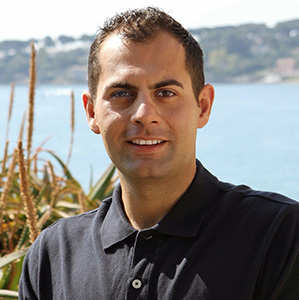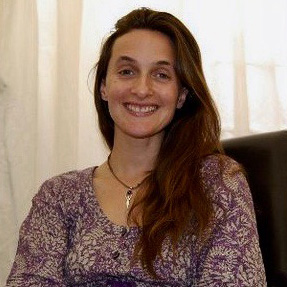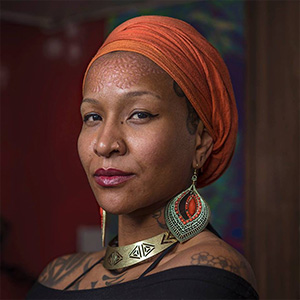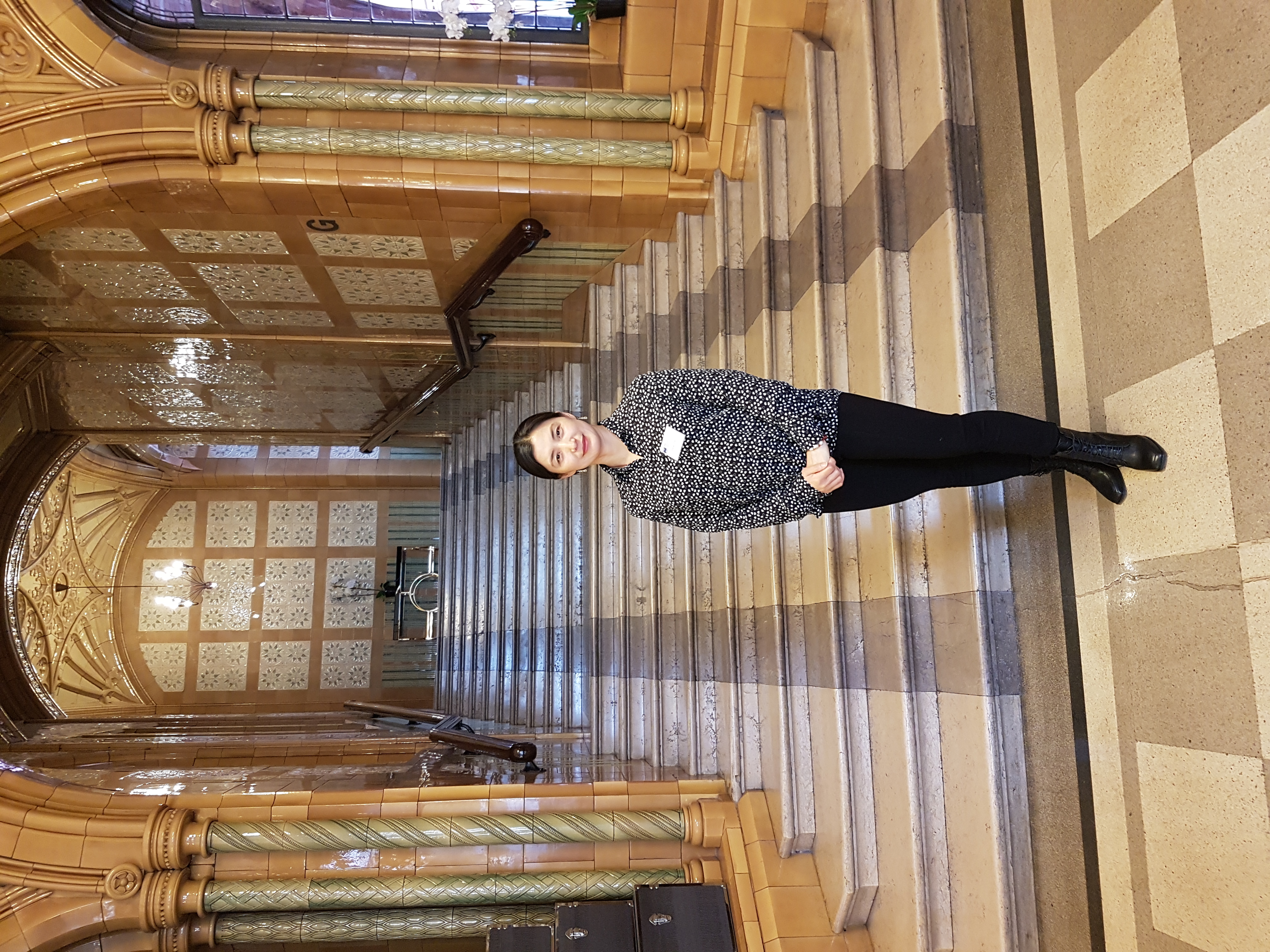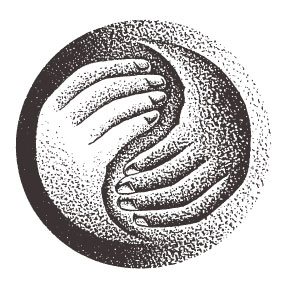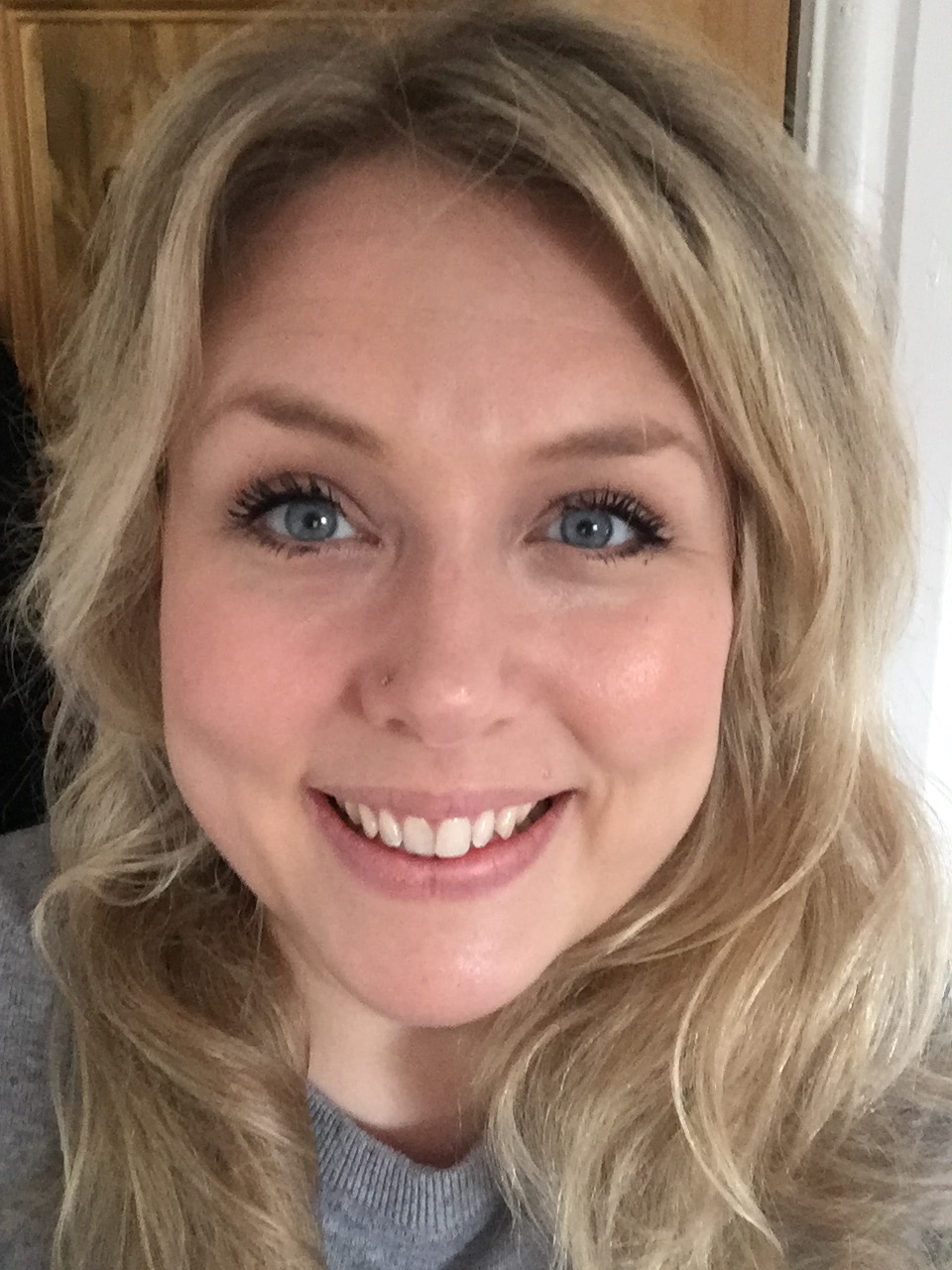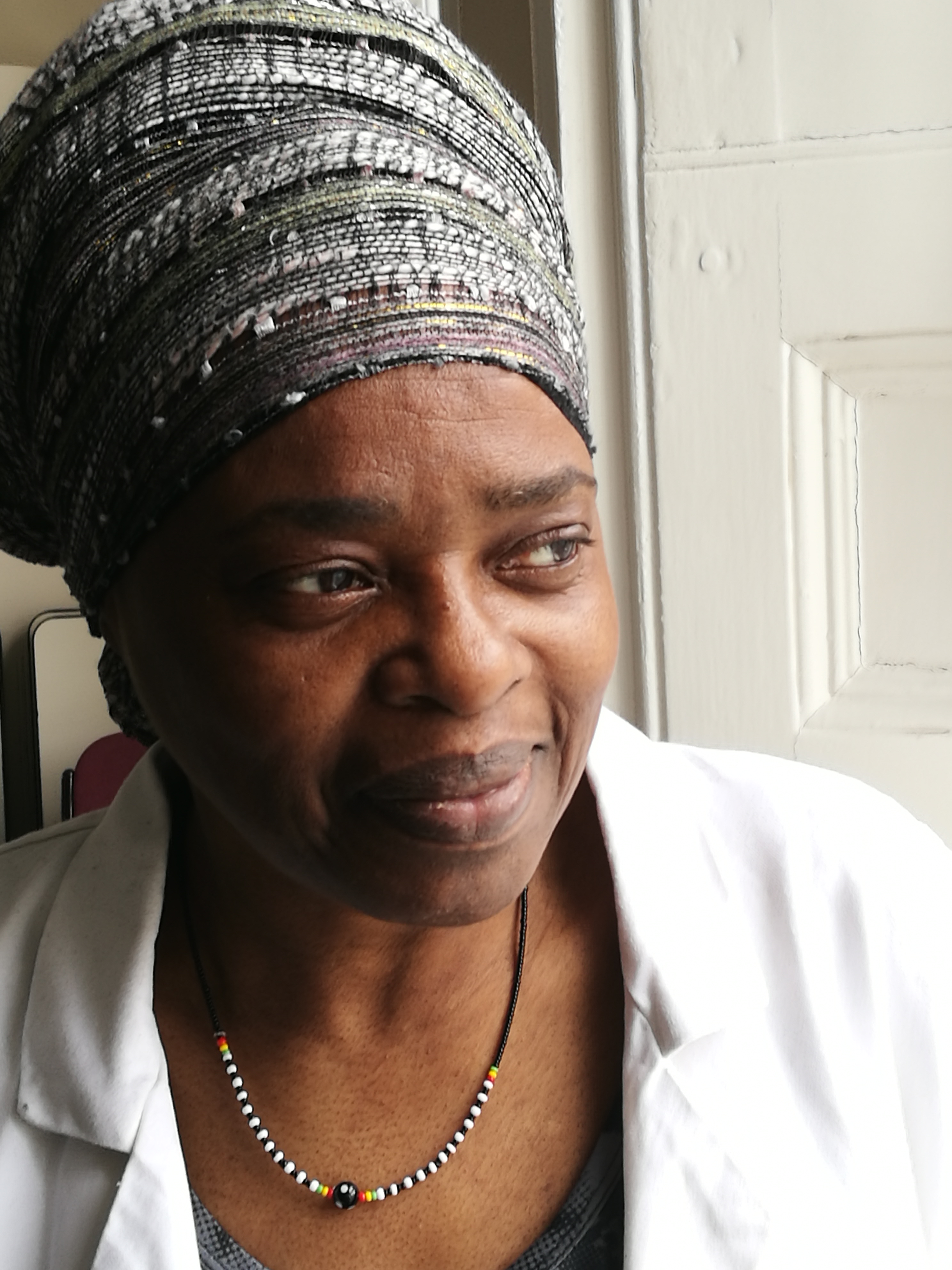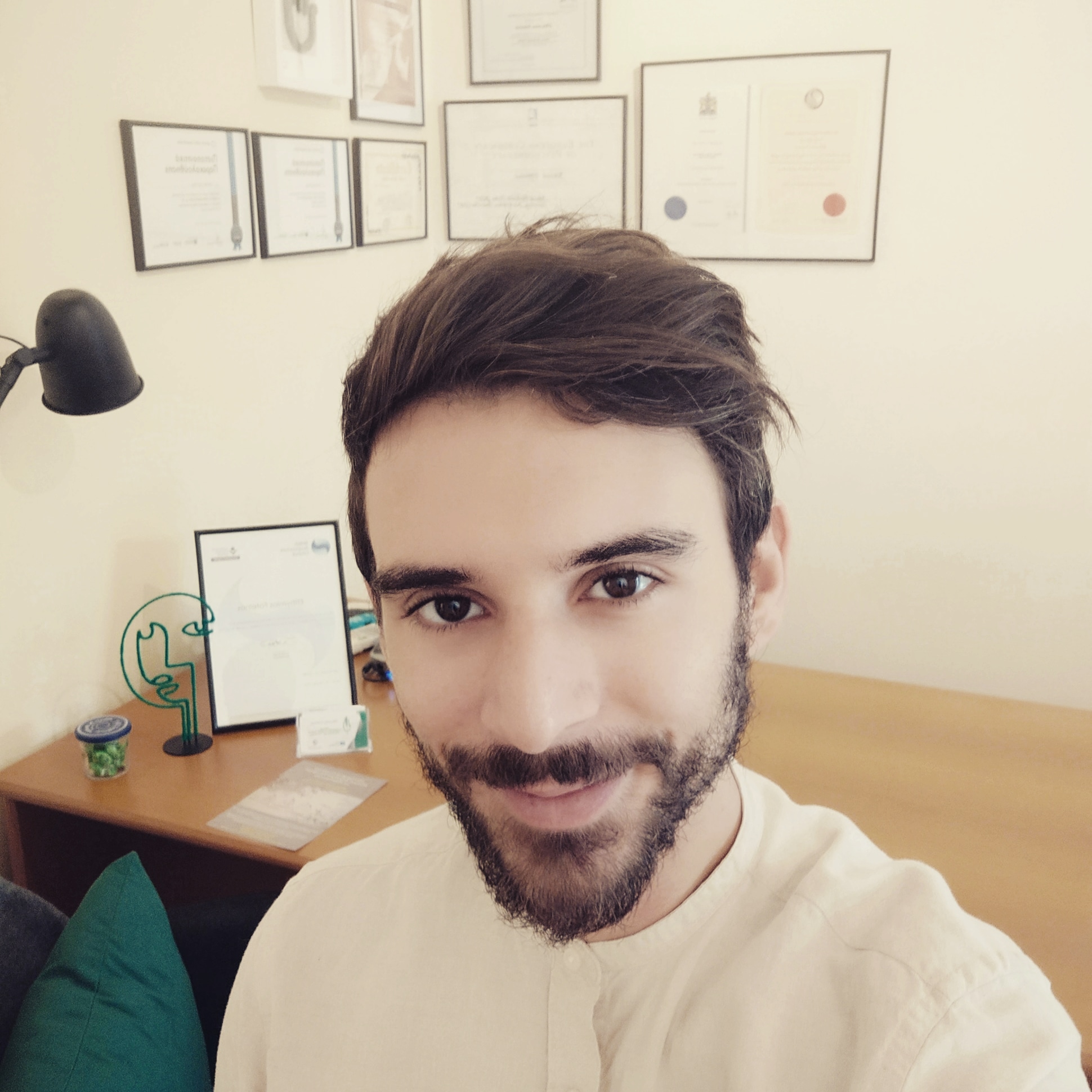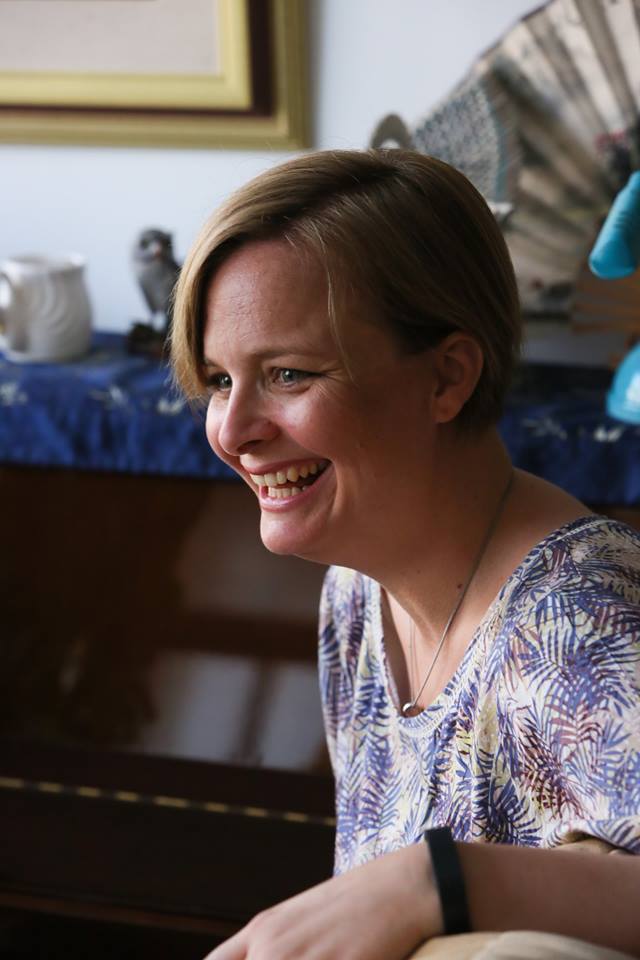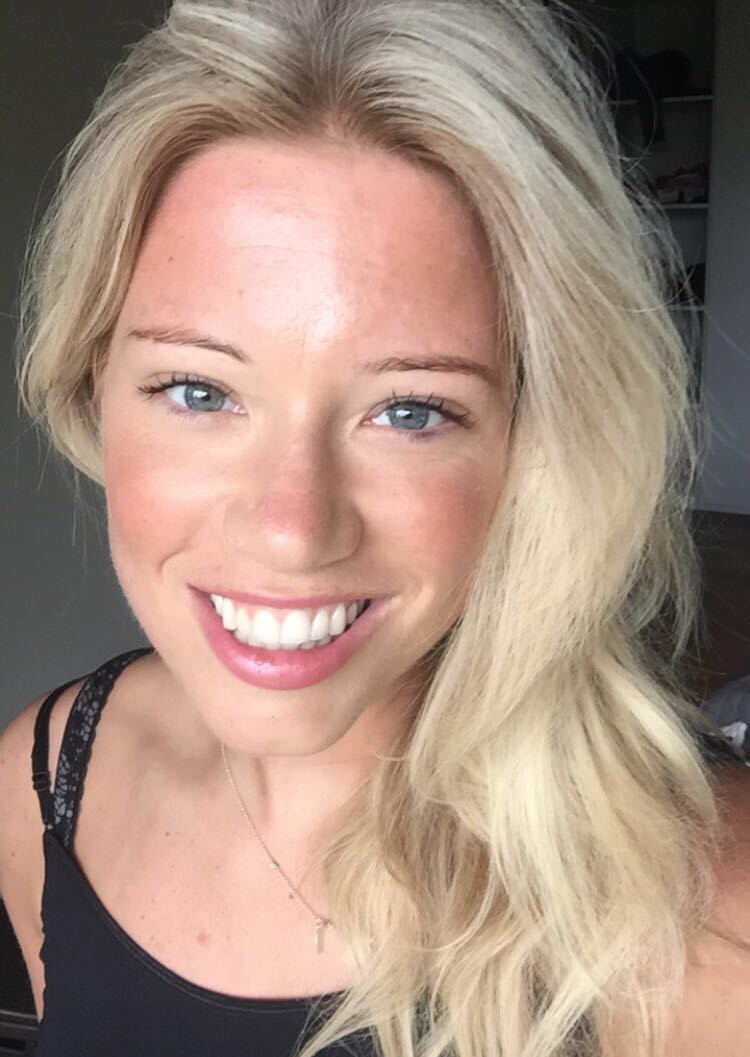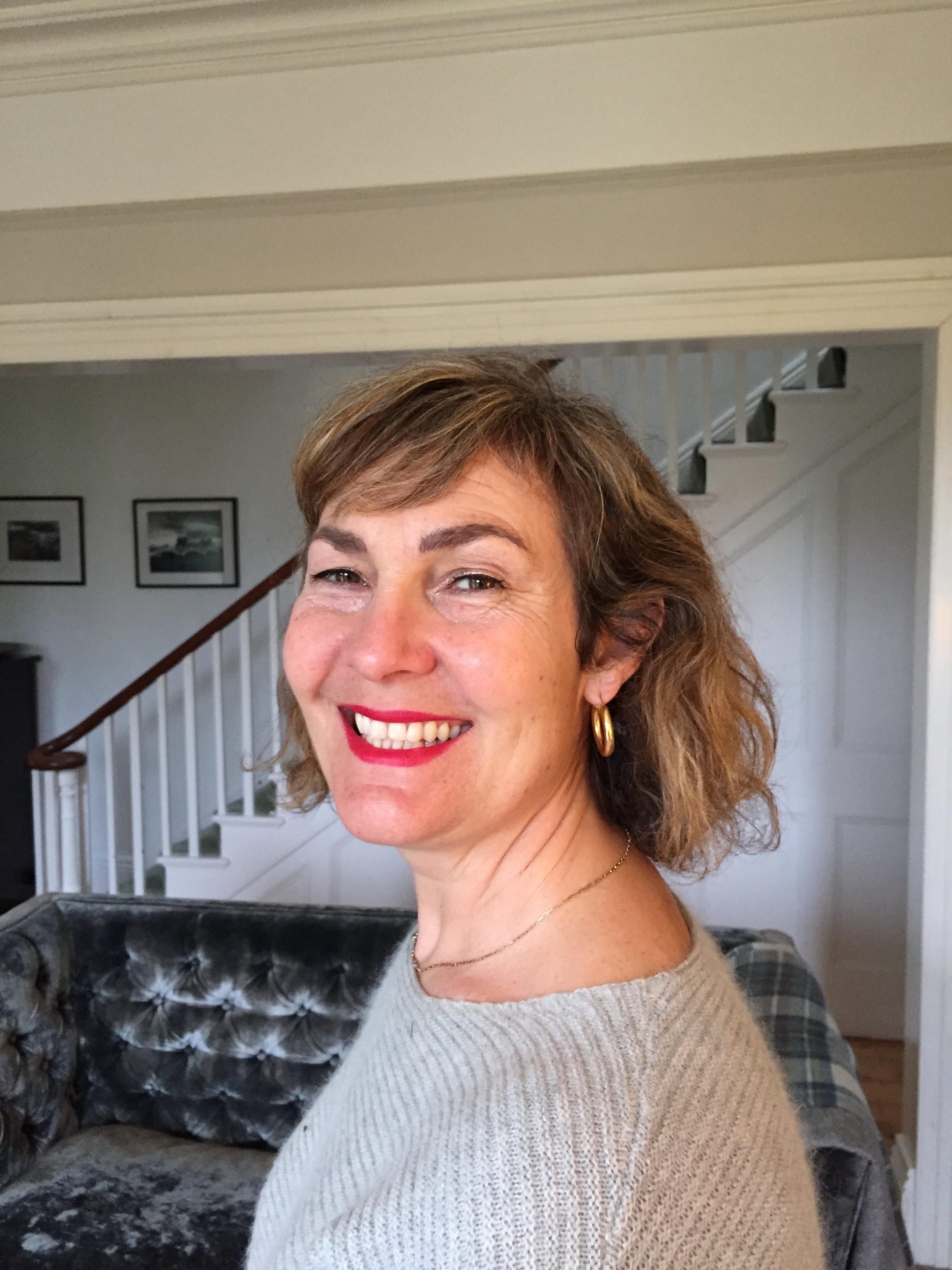Kingston University: CCTV code of practice
Closed Circuit Television (CCTV) Code of Practice
- Introduction
1.1 This Code of Practice has been approved by the Executive of the University.
- 2. Definitions
2.1 For the purpose of this Code of Practice, the following will apply:
- ‘University’ – Kingston University;
- ‘Company’ – Kingston University Service Company (KUSCO);
- ‘Scheme / System’ – The University’s closed circuit television scheme;
- ‘Data Protection Officer’ – The University’s Data Protection Officer (address: University Secretary’s Department, Kingston University, River House, 53-57 High Street, Kingston upon Thames, Surrey, KT1 1LQ; e-mail: dataprotection@kingston.ac.uk; telephone: 020 8417 3026 (Internal: 63026)).
- Scope
3.1 This Code of Practice is binding on all employees and students of Kingston University, all employees of KUSCO, and applies to all other persons who may, from time to time, and for whatever purpose, be present on University premises.
- Ownership and Operation of the Scheme
4.1 The closed circuit television scheme which operates at Kingston University is owned by Kingston University.
4.2 All recorded material is owned by, and copyright of any recorded material is vested in, Kingston University.
4.3 The scheme is operated on behalf of Kingston University by KUSCO, which is a wholly-owned subsidiary of Kingston University.
4.4 This Company is the sole provider of security services to the University.
- Principles
5.1 The scheme has its legal basis in Paragraph 5(d), Schedule 2 of the Data Protection Act 1998. The processing of images is for the exercise of a function of a public nature exercised in the public interest; the detection, deterrence and prevention of crime; the provision of evidence for prosecuting bodies; the apprehension and prosecution of offenders (section 29, Data Protection Act 1998) and the safety of students, employees and the public.
5.2 The following principles will govern the operation of the scheme:
- The scheme will be operated fairly and lawfully and only for the purposes identified by the Board of Governors of the University (section 6 refers);
- The scheme will be operated with due regard for the privacy of the individual;
- Any change to the purposes for which the scheme is operated (section 6 refers) will require the prior approval of the Vice-Chancellor and will be notified by the University Secretary at the earliest opportunity to the Board of Governors of the University, and will subsequently be notified by the University management to employees, students, clients, customers and visitors;
- To ensure the security and integrity of the operating procedures for the scheme, these will be implemented and amended only with the prior consent of the Vice-Chancellor.
- Purposes of the Scheme
6.1 The purposes of the scheme are as follows:
- To assist in safeguarding the personal security and health and safety of students of the University, employees of the University and of its subsidiary company KUSCO, persons resident on University property, and visitors to the University (including its clients and customers);
- To assist in safeguarding property belonging to students of the University, employees of the University and KUSCO, persons resident on University property, and visitors to the University (including its clients and customers);
- To ensure the security of property belonging to the University and KUSCO;
- To aid the detection, deterrence and prevention of crime, and in this regard to provide evidence for the police and other bodies with prosecuting powers such as HM Revenue and Customs and the Health and Safety Executive.
- Key Objectives
7.1 The key objectives of the scheme are as follows:
- To detect, prevent and reduce the incidence of crime; in particular, criminal activity relating to drugs and other illegal substances;
- To detect, prevent and reduce offences against the person;
- To prevent and enable the University to respond effectively to harassment and bullying;
- To reduce instances of vandalism and other criminal damage;
- To reduce theft of property belonging to individuals, to the University and to KUSCO;
- To improve the speed with which the University is able to alert the police to unlawful activity or other emergency services to matters of health and safety.
- Data Protection Act 1998
8.1 The University includes the scheme within the notification of personal data processing activity to the Information Commissioner which it is required to make under the terms of the Data Protection Act 1998.
8.2 The scheme will be operated in accordance with the guidelines set out in the CCTV Code of Practice (‘the ICO Code’) published from time to time by the Information Commissioner. In particular:
- Recorded material shall be obtained, held, and processed fairly, lawfully and in accordance with the ICO Code;
- Recorded material shall not be used or disclosed for a purpose or in a manner which is incompatible with the ICO Code, and will not be transferred to countries without adequate data protection legislation;
- Recorded material shall be adequate, relevant and not excessive in relation to the purposes set out in this Code of Practice;
- Where recorded material is retained for any of the purposes set out in this Code of Practice, that material shall not be kept for longer than is necessary for the purpose for which it is being retained (material will normally be destroyed after 28 days);
- Recorded material will be stored securely. Access to it will be strictly in accordance with this Code of Practice and the operating procedures of KUSCO and the scheme.
8.3 The University will ensure that appropriate security measures are taken to prevent unauthorised access to, or alteration, disclosure or destruction of, recorded material, and to prevent accidental loss or destruction of such material.
8.4 Recorded material will not be sold, or used for commercial purposes, or for the provision of entertainment.
- Use of Recorded Material and Still Images
9.1 Still photographs will be generated from recordings made by the system only where these are required for evidential purposes by the police or other bodies with prosecuting powers, or by the University.
9.2 Unless required to do so by law, by a court of law or in the public interest in order to assist with the prevention or detection of crime, and only where the request is compatible with the purposes of the scheme:
- Recordings made by the system and/or still images generated from such recordings will not normally be made available by the University to individuals wishing to use these as evidence in civil proceedings;
- Recordings made by the system and/or still images will not be disclosed to third parties.
9.3 Kingston University reserves the right to use a recording made by the system and/or still images generated from such a recording, as evidence in any civil proceedings brought by or against Kingston University or KUSCO.
9.4 Where, in the normal course of its use, CCTV records events which might relate to grievances, complaints or disciplinary matters, Kingston University reserves the right to use such recordings made by the system and/or still images generated from such a recording, as evidence in internal grievance/complaints investigations and/or in disciplinary investigations involving students or employees of Kingston University or employees of KUSCO, provided such use is consistent with the purposes of the scheme specified in section 6.
9.5 The CCTV system would not normally be specifically used in relation to such matters, except for the prevention or detection of crime. Any more specific monitoring would, in addition to complying with this Code of Practice, comply with the Information Commissioner’s Employment Practices Data Protection Code.
9.6 Other than where it is required for a reason consistent with the purposes of the scheme and this Code of Practice, recorded material will be retained for a period of 28 days. In storing recorded material reasonable efforts will be made to maintain the quality of the images, insofar as possible, to ensure accuracy in the images.
- Targeted Observations
10.1 For good reasons and in compliance with the declared purposes and key objectives of the scheme and the protocols governing the provision of evidence, the system may be used for targeted observation.
- Responsibilities of the Owner of the Scheme
11.1 It is the responsibility of the University, as the owner of the scheme:
- To ensure compliance with this Code of Practice;
- To approve the operating procedures for the scheme;
- To ensure that these operating procedures have been complied with;
- To ensure that the purposes and objectives of the scheme are not exceeded;
- To notify persons entering the University that a closed circuit television scheme is in operation;
- To provide copies of this Code of Practice when requested to do so.
- Management of the Scheme
12.1 The scheme is managed, on a day-to-day basis, by KUSCO’s Security Manager.
12.2 The University Secretary is the officer of the University designated as having overall responsibility for security matters.
12.3 Access to the University’s system, to the control room, and access to, and the release of, recordings made by the system, will be strictly in accordance with the operating procedures established by KUSCO Security Management.
- Installation
13.1 The installation of the scheme will be appropriate to its purpose and to the requirements of this Code of Practice.
13.2 When installing cameras in residential areas, the University will have regard for the privacy of residents and bona fide visitors to University residences.
- Monitoring and Evaluation
14.1 This Code of Practice, its operation and the operation of the University’s closed circuit television scheme will be reviewed annually by the University’s Safety, Health and Security Committee.
14.2 To enable this process, the University’s Data Protection Officer will monitor the operation of this Code of Practice and the operating procedures for the scheme to ensure compliance with legal obligations and the provisions of the ICO Code.
- Arrangements for the Amendment of this Code of Practice
15.1 Proposed changes to the purposes for which the scheme is operated will require approval in accordance with the requirements of section 5.2.
15.2 Proposed changes to the arrangements for the monitoring and evaluation of this Code of Practice will require the prior approval of the University’s Data Protection Officer.
15.3 The Vice-Chancellor may approve other amendments to this Code of Practice for the proper administration of the University and the scheme.
- Subject Access
16.1 Subject access to material recorded via the system will be permitted only by the Data Protection Officer in response to a formal request from the subject (called a ‘subject access request’). Data subjects requesting access to CCTV material must provide the Data Protection Officer with a recent photograph of themselves and must also indicate the date, approximate time, and location at which the requested CCTV images were recorded.
16.2 Individuals wishing to access recorded material of which they are the subject must be referred to the University’s Data Protection Officer.
16.3 Wherever possible, the recorded material made available to the data subject will relate only to the data subject. Where the material unavoidably depicts another individual, that individual must either give written consent to the disclosure of the material or his or her image must be anonymised prior to the material being made available to the data subject.
- Procedures for the Processing of Requests for Subject Access to Recorded Material
17.1 Any member of staff (of the University or KUSCO) who receives a subject access request must forward it immediately to the Data Protection Officer.
17.2 To allow the required data to be identified and to enable the request to be processed, individuals are requested to apply in writing to the Data Protection Officer, together with the required fee of £10, or such higher fee as may be approved from time to time by law in relation to such requests.
17.3 The subject access request is legally deemed to have been received once it has been received in writing together with the required fee. The Data Protection Officer will then respond within 40 days, provided that he or she has sufficient information to identify the data subject and locate the recorded material that is sought.
- Breaches of this Code of Practice
18.1 The University reserves the right to take disciplinary action against any employee or student who breaches this Code of Practice, in accordance with the University’s disciplinary procedures.
18.2 A purpose of the University’s scheme is that it should be used to assist in safeguarding the health and safety of students, employees, residents and visitors (section 6 refers). It should be noted that intentional or reckless interference with any part of the scheme (including cameras) may be a criminal offence and will be regarded as a breach of discipline.
- Complaints Procedure
19.1 Grievances and complaints concerning the operation of the University’s closed circuit television scheme may be progressed through the relevant University grievance/complaint procedure.
- How to Obtain Copies of this Code of Practice
20.1 This Code of Practice is published online at the following locations:
StaffSpace: http://staff.kingston.ac.uk/C14/C14/Data%20Protection/default.aspx
StudentSpace: http://student.kingston.ac.uk/C17/Data%20protection/default.aspx
University Website: http://www.kingston.ac.uk/aboutkingstonuniversity/howtheuniversityworks/policiesandregulations/
Paper copies may be obtained by contacting the University’s Freedom of Information Officer - e-mail: freedomofinformation@kingston.ac.uk; telephone: 020 8417 2090.
- General Enquiries
21.1 Enquiries concerning this Code of Practice and/or the operation of the University’s scheme should be directed to the Data Protection Officer (see section 2.1 for contact details).
- Data Protection Act 1998
22.1 Details about the Data Protection Act 1998, the role of the Information Commissioner, and his CCTV Code of Practice may be found online at the following location:
University Secretary’s Department
Revised September 2011

